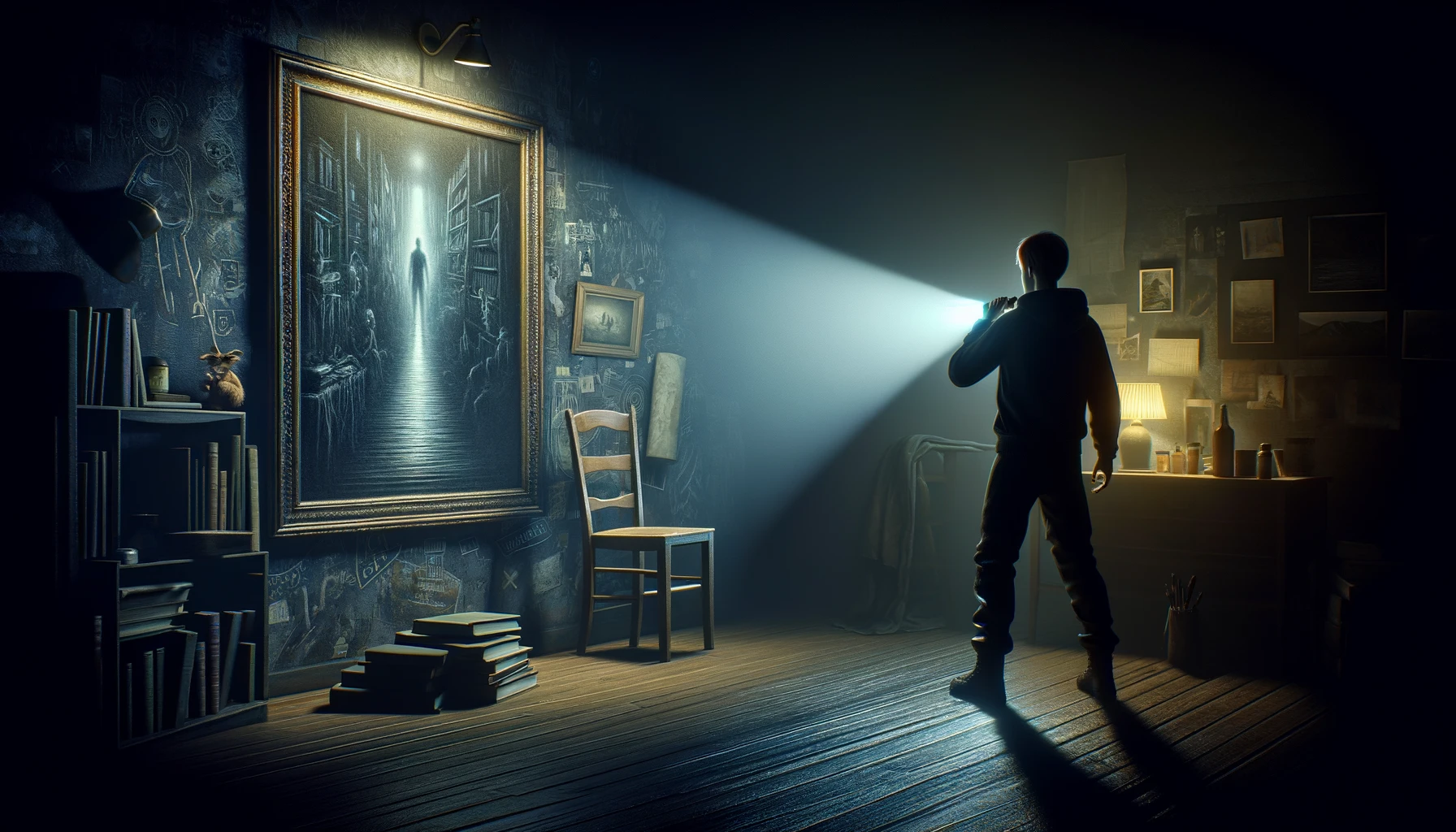Stories are everywhere. I can still remember the time I was a child and woke up early to watch Sesame Street on TV, wondering what Elmo would be up to. Now, I am sitting on the couch indulging in an episode of Game of Thrones. Every year, I spend an entire day to rewatch the extended versions of The Lord of The Rings. On the surface level, the characters and plots in these movies do not make a lot of sense, but their depth captures my attention irresistibly.
Somehow, we are innately drawn to narrative.
Consider religion. A diligently curated collection of profound stories has shaped civilizations since the beginning of time. Christianity inspired the creation of cathedrals that took centuries to build, risking the lives of many civilians in the process. Yuval Noah Harari, author of the multimillion bestsellers Sapiens and Homo Deus, poses that in the west, many people that would have believed in God, now believe in the stories that companies have drafted for us. Indeed, the sheer influence Google, Microsoft, and Apple have on the world right now is not so much different from the ubiquity of the Catholic Church in the 16th century. Modern-day cathedrals are the sprawling campuses and enormous data centers of these tech giants.
Those who master the art of storytelling wield the most influence on where we go as a human race.
Why should you care about stories?
Exactly why is everyone so captivated by stories? Why do they have such a strong pull on our imagination and emotions? Stories, it turns out, influence everything we observe and pursue. They allow us to make sense of the world’s vast complexity.
Like shining a flashlight in a dark room, stories point to and actuate different parts of our experience. Some objects in the room we might already know. These are the experiences we are already familiar with. Other objects, like an obscure painting, freak us out, because we did not expect them to be there. We did not know they were there.

The more experiences we have and the more stories we profoundly understand, the brighter the flashlight shines and the better we get to know the dark room. Through stories, we start to decode our own experiences, to understand ourselves and, as a consequence, others. Once we know ourselves better and discover those things that limit us and harm us, we can become more competent and nourishing for the world. We are startled less by the things in the dark room, those things we do not know, as we make the dark things looming there conscious. By discovering the obscure things inside of us, we prevent them from controlling us or causing us to act in harmful ways.
This is, in part, why some of us (not me) love to watch horror movies. The horrible things that happen in Saw and Insidious point to the aggressive tendencies in us. These films serve as mirrors reflecting our darkest impulses, allowing us to confront them without actually acting them out. They offer a way to explore and integrate these tendencies into our understanding of ourselves.
In essence, stories point to the valuable but often still concealed insights that, when properly understood, could help us recognize our own impulses and proclivities, and those of others in the wider world around us.
Why stories are hard to understand
Understanding stories is no easy feat. Stories often are not very realistic, materialistic and concrete. Rather, good stories are very intuitive and based on eternal characters and symbols, also referred to as archetypes. In dreams for example, the most bizarre events can take place. You are revisiting places where you haven’t been for years and hang out with people you met ages ago. Some places feel very familiar, but you swear you have never been there before. Profound patterns, like raging fires, tsunamis, the death of loved ones or the feeling of being chased keep reoccurring. Dreams seem to work based on your unique, but also on more universal associations. Through these associations, dreams, like stories, help us make sense of our experience.

How Narrative Codes can help you
In unraveling the codes of narrative, we become wiser. We come to understand which stories are harmful or outright wrong. We also become better storytellers ourselves. This will help us navigate a more prosperous course through life. Imagine two individuals living under a different narrative: one lives in fear believing everyone is a threat, while the other, believing in others’ support, leads a kind and cooperative life. Through grasping the intuitive patterns in stories, we have the power to transform our own life.
On Narrative Codes, we will decipher one story each month. We will dive deep into the archetypes and universal patterns underlying the narrative in the movies and books being discussed. Characters, events and even entire plots can be archetypal, all of which will be discussed in-depth. We will cover all sorts of well-known movies, such as The Shawshank Redemption, The Lord of The Rings, Harry Potter, and those from Disney and Pixar. We will also draw links between these stories and the philosophical and psychological literature and even with patterns in the accompanying music. Over time, I hope we can see the links between these universal stories and the experiences in our own lives and dreams. In the process, we will become wiser and more integrated human beings, more competent and influential than we were before.
Thank you for reading our stories.
Jonathan
Deciphering enthusiast at Narrative Codes

